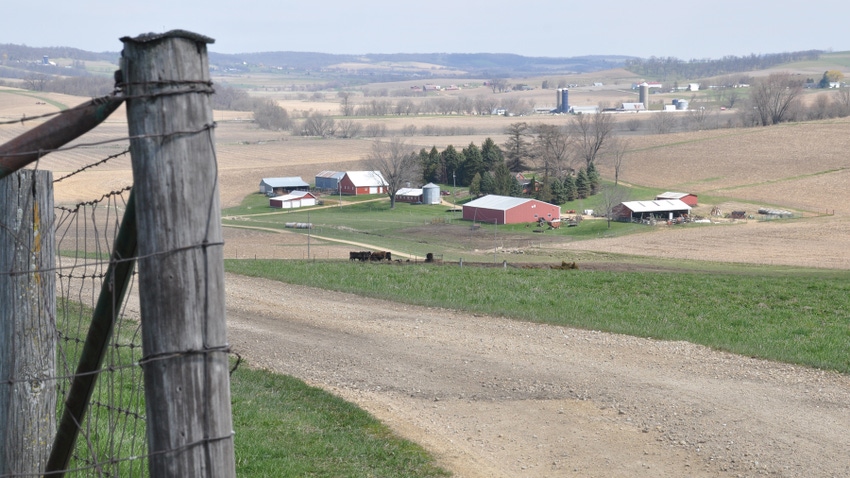March 1, 2024

Protecting the farm from lawsuits is an important, and sometimes overlooked, element of estate planning. After all, if you lose everything to a lawsuit, you won’t have an estate to leave to your heirs.
Why do people sue and recover large sums of money? Generally, it’s because one person acted in a manner that neglected the safety of others, an accident happened, and someone got hurt. That person is at fault, or is liable, for harming the other person.
Accidents are almost always the result of one person’s negligence, so that person must pay. At the very least, we have to admit this is fair. If their injury was your fault, it is your responsibility to try to make them whole by covering medical bills and lost income, plus offering something for their pain and suffering.
This is why we buy liability insurance — to compensate someone for injuries that might be our fault. However, there is another layer of complexity known as vicarious liability. What if the person who acted negligently was working for a third person?
Let’s say Bob is working for you when he injures Mary. Bob is liable, but because he was working for you at the time, you are also responsible for Mary’s injuries. Mary sues Bob and you as Bob’s employer.
So, you buy liability insurance to cover injuries in case you or Bob is ever at fault.
But even if you have insurance coverage of $2 million to $3 million, what if it isn’t enough? We hear about big judgments that are more than any reasonable person should be compensated for things like pain, loss of reputation or emotional distress. And then sometimes, the loss really is priceless. If someone dies in an accident, paying their family $30 million doesn’t negate the tragedy. Perhaps fair compensation would be $3 million, or twice as much as the deceased person could have earned in their remaining lifetime. Is the family turning the victim’s death into a lottery ticket, or asking to be reimbursed for their loss?
It seems right and proper to carry liability insurance in an amount that will cover significant losses. At the same time, it seems reasonable and prudent to organize your affairs in a manner that reduces the likelihood that an accident turns your farm into someone’s lottery-like winnings.
Last month this column focused on how the farm can be protected after you die — not if you get sued, but rather if your heirs get sued. I have written about the benefits of using a limited liability company to help reduce the risk of loss of your personal assets. Yet operating as an LLC doesn’t guarantee that you can’t be sued.
But something I rarely write about is injuries to farmworkers themselves. What if Bob, your hired man, falls through a deteriorated roof or rolls a tractor? Can Bob sue you?
If he is not covered by workers’ compensation insurance, Bob’s lawsuit will be just like the person in the traffic accident. It is all about finger-pointing; who was at fault? If Bob can prove it was your fault, he wins, and your farm might be part of the winnings. If a court decides it was Bob’s fault, he gets nothing and might be bankrupted by his own medical bills.
Enter a solution
Illinois only requires farmers to carry workers’ compensation if the total number of working laborers employed exceeds 400 days per quarter of the previous calendar year. Few farm operations employ that many people, so you opt not to carry the insurance. But rethink that.
Workers’ compensation insurance is based on a compromise. Someone injured at work should get reasonable compensation; we won’t ask who was at fault. Bob was working, so he wins. But the compromise is that the compensation will be modest — the medical bills and lost income, and not much beyond that.
If you have workers’ comp on Bob, he can’t sue you. The win-win is he knows his bills will be paid, and you sleep well knowing your insurance pays it all.
Read more about:
Estate PlanningAbout the Author(s)
You May Also Like






